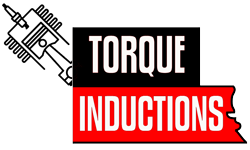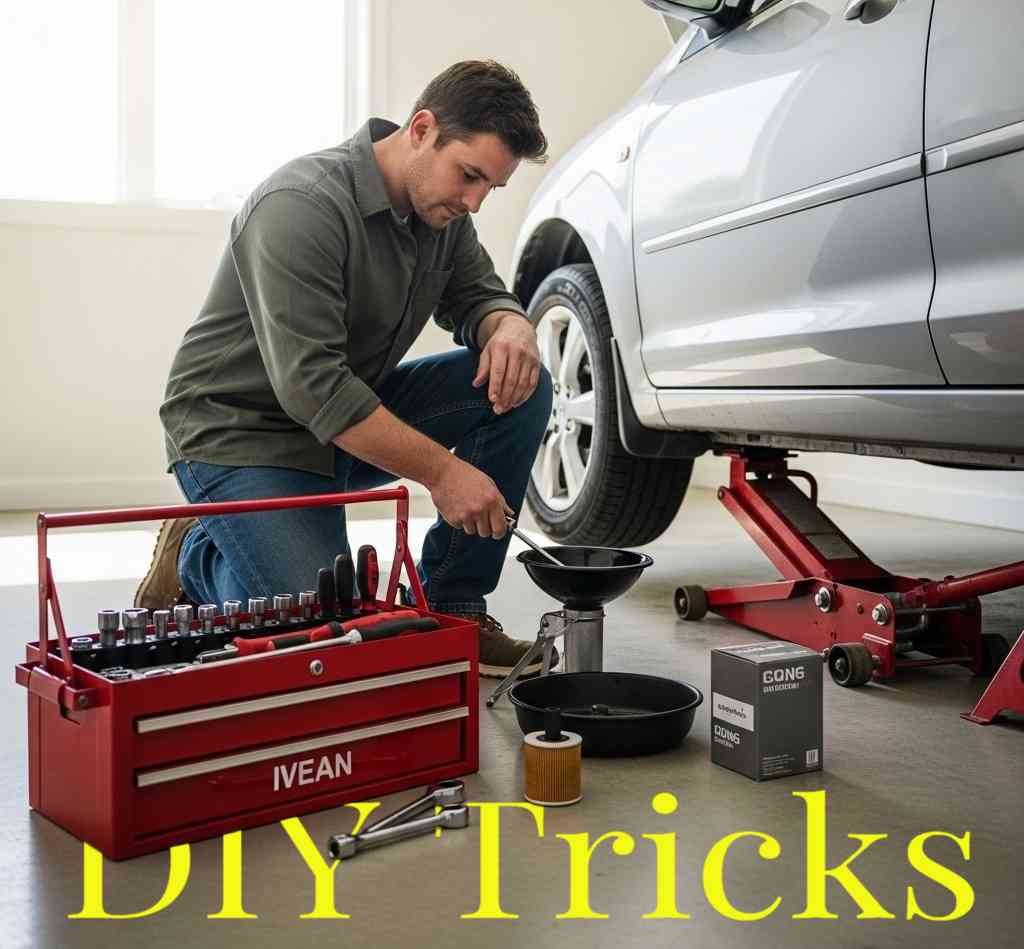- Posted on
- • Performance
DIY Minor Mechanical Fixes to Avoid Pricey Repairs
- Author
-
-

- User
- Torque
- Posts by this author
- Posts by this author
-

Simple DIY Mechanical Fixes That Prevent Costly Repairs
Your classic car broke down again, and now you're staring at two painful choices. Fix it yourself over six months, or hand over your firstborn child to the dealership for a "quick" repair.
Why This Choice Matters So Much
Restoration eats time like a hungry teenager devours pizza. Dealerships gobble cash faster than a Vegas slot machine. Both paths lead to the same destination, but the journey costs completely different amounts of your sanity and savings account.
What Restoration Really Costs You
Parts hunting becomes an obsession - I've spent entire weekends tracking down one stupid bolt. Rare components cost more than small countries' GDP sometimes. Labor disappears when you do the work, but tool expenses climb higher than Mount Everest. Paint jobs separate amateur work from professional magic instantly.
Hidden surprises lurk everywhere like automotive ninjas. That innocent-looking floor pan? Rust ate through it completely, adding $500 to your "simple" project. Interior restoration ranges from bargain basement to mortgage-your-house expensive, depending on how fancy you want to feel.
Dealership Repair: Convenient But Expensive
Dealers charge list price for parts while independent shops find the same thing cheaper. Their hourly rates rival lawyer fees, but they actually fix things the first time. Warranties protect you from repeat failures, which matters when complex electronics fail mysteriously.
You're paying for convenience, expertise, and the luxury of dropping off your keys. Training and specialized tools cost money - dealerships pass that expense directly to your wallet without apology.
Engine Rebuild Reality Check
DIY engine rebuild costs parts plus machine work plus your unpaid labor. My typical project runs $1,500-$3,000 in hard costs. Dealership charges $3,000-$7,500 for identical results because they value their time appropriately.
That 2x price difference buys you warranty coverage and guaranteed completion dates. No weekend projects stretching into next summer because you ordered the wrong gasket set three times.
Paint Work: Where Dreams Meet Reality
Garage painting produces acceptable results if you control dust, temperature, and your own perfectionist tendencies. Professional shops create showroom finishes that make people stop and stare admiringly.
Color matching rare factory paints requires professional equipment and experience. My DIY touch-ups look decent from ten feet away; pro work looks perfect under magnifying glasses.
Hidden Costs That Ambush Your Budget
Rust repair appears when you remove seemingly good panels. Wiring harnesses disintegrate when touched by human hands. Chrome work costs more than most people's monthly rent payments.
Shipping rare parts internationally doubles their price through customs fees and "handling" charges. Time spent searching becomes opportunity cost - could you earn more money working instead of parts hunting?
When Dealers Make Perfect Sense
Modern electronics need factory diagnostic tools that cost more than your restoration budget. Warranty work must happen at authorized shops or coverage disappears forever.
Quick turnaround matters when your daily driver breaks. Space limitations make home restoration impossible for apartment dwellers. Lack of skills turns simple jobs into expensive disasters requiring professional rescue.
When DIY Saves Serious Money
Skills and available time slash labor costs dramatically. Salvage yard hunting finds treasure at bargain prices. Learning to rebuild components yourself creates lasting knowledge and future savings.
Carburetor rebuilds cost $50 in parts versus $300 at shops. Wiring harness cleaning takes patience but saves hundreds compared to replacement costs.
Real Numbers From Real Projects
Basic tune-up and brakes: DIY $100-200, dealer $300-600. Complete engine rebuild: DIY $1,000-3,000, dealer $2,500-7,000. Full paint respray: DIY $800-2,500, professional $3,500-10,000.
Interior reupholstery: DIY $300-900, professional $1,000-4,000. These numbers change based on location and vehicle complexity, but ratios stay consistent.
My Decision Framework
List every known repair with estimated parts costs. Calculate labor hours and decide your participation level honestly. Add tool costs you'll need to purchase for this project.
Buffer estimates by 20% minimum for inevitable surprises. Compare totals against dealer quotes including warranty value. Choose based on available money, time, and risk tolerance.
Money-Saving Strategies That Actually Work
Salvage yards and online forums sell used parts cheaply. Negotiate dealer labor rates or request parts-only pricing for comparison shopping. Group purchases with other enthusiasts create bulk discounts.
Refurbished components from reputable sources work perfectly while costing half the new price. Core exchanges reduce costs on alternators, starters, and other rebuildable items.
Value Beyond Pure Dollars
Restoration increases resale value when executed properly. Dealer repairs maintain reliability and preserve modern convenience systems. Original patina sometimes worth more than perfect restoration, depending on collector preferences.
Time investment during restoration creates personal satisfaction that money can't purchase directly.
Your Action Plan Starts Now
Get three dealer quotes for major repair items this week. Create spreadsheet comparing DIY parts costs with professional service pricing. Join model-specific forums and ask members about typical project expenses.
Set realistic budget and timeline before starting any work. Begin with one small project this weekend to test your commitment level.
Numbers don't lie, but emotions complicate every restoration decision. Restoration versus dealer repair boils down to trading money for time, convenience for satisfaction, certainty for adventure.
Do your homework thoroughly, gather accurate quotes, and start small. You'll save money and gain knowledge when you finally commit to either path.
